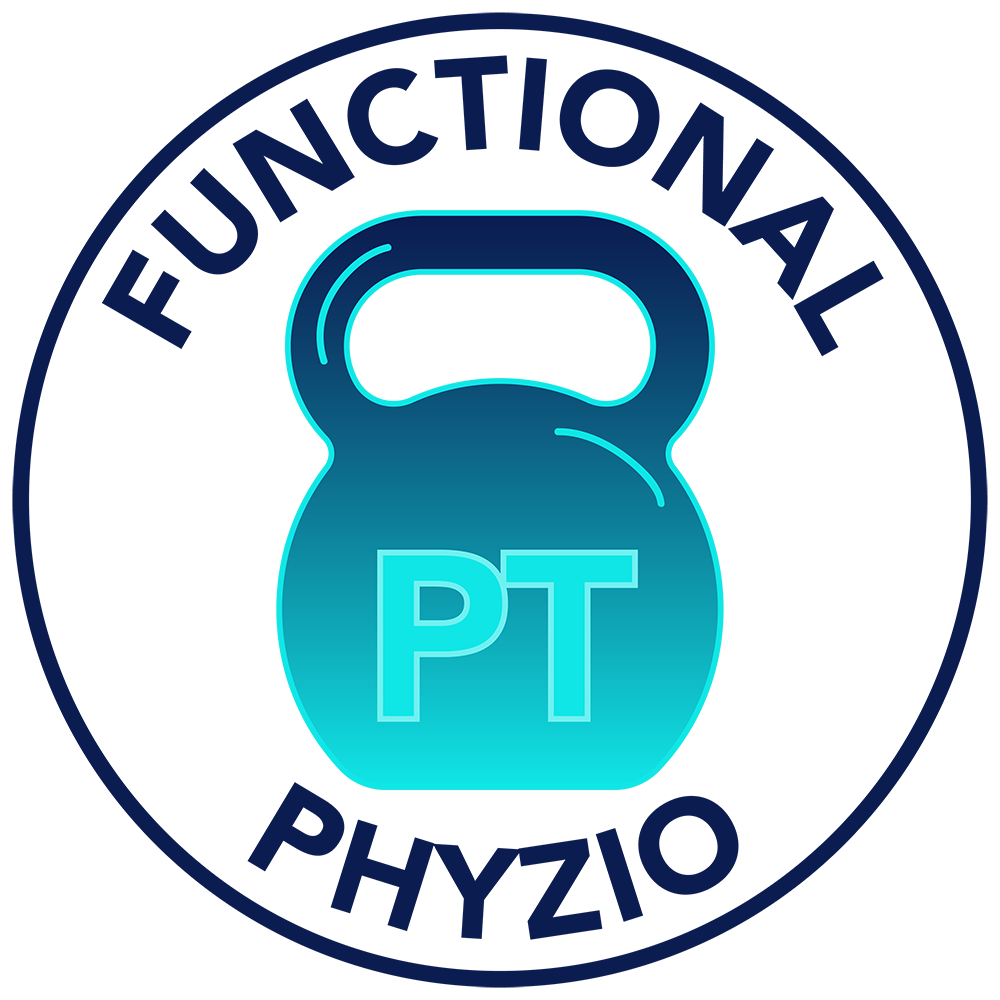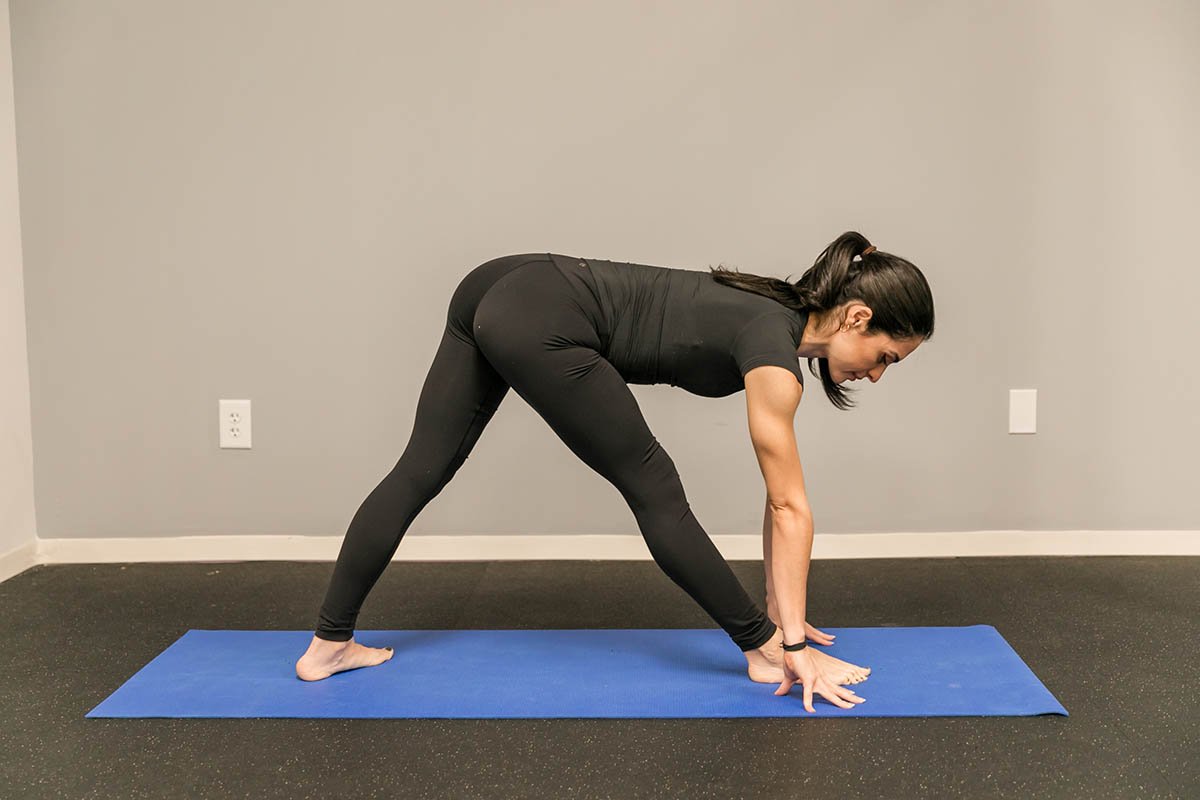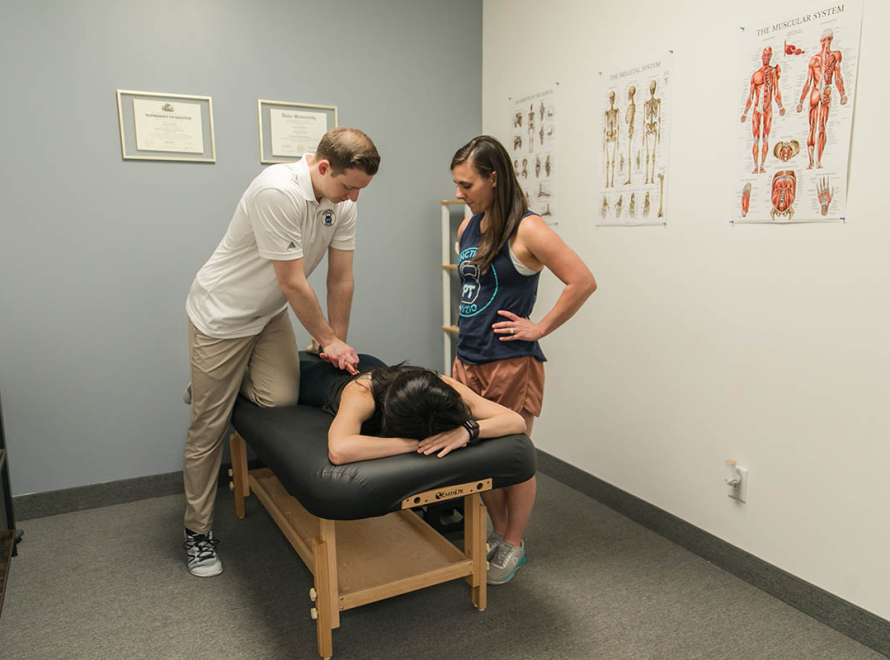As an active individual who loves to run, hip impingement can feel like a major roadblock. But with the right approach and expert guidance, it’s a challenge you can overcome. In this post, we’ll explore how specialized physical therapy can empower runners to conquer hip impingement and return to the sport they love.
The Hidden Culprit: Understanding Hip Impingement in Runners
Hip impingement often sneaks up on runners, gradually impacting performance before becoming a noticeable issue. It occurs when the hip joint’s ball and socket don’t fit together perfectly, causing friction during movement. For runners, this can lead to:
-
Pain during or after runs
-
Reduced hip mobility
-
Decreased running performance
The Game-Changing Role of Specialized Physical Therapy
While it might be tempting to “run through the pain,” hip impingement requires professional attention. At Functional Phyzio and Performance Therapy in Durham, NC, we specialize in orthopedic physical therapy for runners. Our approach to treating hip impingement includes:
-
Comprehensive biomechanical assessment
-
Customized treatment plans
-
Hands-on manual therapy techniques
-
Targeted exercise programs
By working with a professional you can get back to running faster than if you just try to run through it, google a solution or simply wait it out. In addition, working with a specialist can help you identify the root cause of the issue and correct other imbalances or compensation patterns to prevent future injuries.
The Power of Early Detection and Treatment
Early intervention is key when it comes to hip impingement. By seeking physical therapy near you at the first sign of hip discomfort, you can:
-
Prevent the condition from worsening
-
Avoid prolonged time away from running
-
Reduce the risk of compensatory injuries
Our treatment process is structured into three essential phases: Reset, Reload, and Perform. Each phase is designed to progressively improve your condition and get you back to running at your best.
Reset: Pain Reduction and Movement Optimization
In this initial phase, we focus on:
1. Pain Management: Utilizing various techniques such as dry needling, massage or cupping to decrease pain and discomfort.
2. Mechanical Correction: Addressing any faulty movement patterns that may be contributing to your hip impingement.
3. Movement Pattern Retraining: Teaching you how to move more efficiently to reduce stress on your hip joint.
Reload: Building Strength and Resilience
Once pain is managed and proper mechanics are established, we move to:
1. Targeted Strengthening: Developing strength in the hip, core, and surrounding muscles to provide better support for your running.
2. Resilience Training: Implementing exercises that improve your body’s ability to withstand the repetitive stresses of running.
3. Progressive Loading: Gradually increasing the difficulty of exercises to challenge your body and promote adaptation.
Perform: Activity Progression and Long-Term Management
The final phase focuses on:
1. Intensity and Volume Increase: Safely ramping up your running intensity and volume to return you to your desired level of activity.
2. Sport-Specific Training: Incorporating running-specific drills and exercises to enhance your performance.
3. Long-Term Management Strategies Equipping you with tools and knowledge to maintain hip health and prevent future issues.
Our goal isn’t just to treat your current hip impingement, but to prevent future episodes. We’ll equip you with:
-
A tailored home exercise program
-
Running form modifications
-
Strategies for maintaining hip health long-term
Hip impingement doesn’t have to sideline your running career. With specialized physical therapy and a commitment to your recovery, you can overcome this challenge and return to running stronger than ever. At Functional Phyzio and Performance Therapy, we’re dedicated to helping runners in Durham and beyond achieve their performance goals.
Don’t let hip impingement hold you back from the sport you love. Contact Functional Phyzio and Performance Therapy today to schedule a comprehensive evaluation. Our team of expert physical therapists in Durham is ready to guide you on your journey back to pain-free running.
FAQ Section:
1. Q: How do I know if I have hip impingement or just normal running soreness?
A: Hip impingement pain is typically more persistent and can worsen with specific movements. A professional assessment is the best way to differentiate.
2. Q: Can I prevent hip impingement as a runner?
A: While not always preventable, maintaining hip strength and flexibility, and using proper running form can reduce your risk.
3. Q: Will I need to stop running completely during treatment?
A: Not necessarily. Your physical therapist will guide you on safe activity levels during recovery.
4. Q: How often will I need physical therapy for hip impingement?
A: Treatment frequency varies, but typically starts with 1x per week, gradually decreasing as you improve.
5. Q: Can hip impingement come back after treatment?
A: With proper management and ongoing preventive measures, the risk of recurrence can be significantly reduced.




